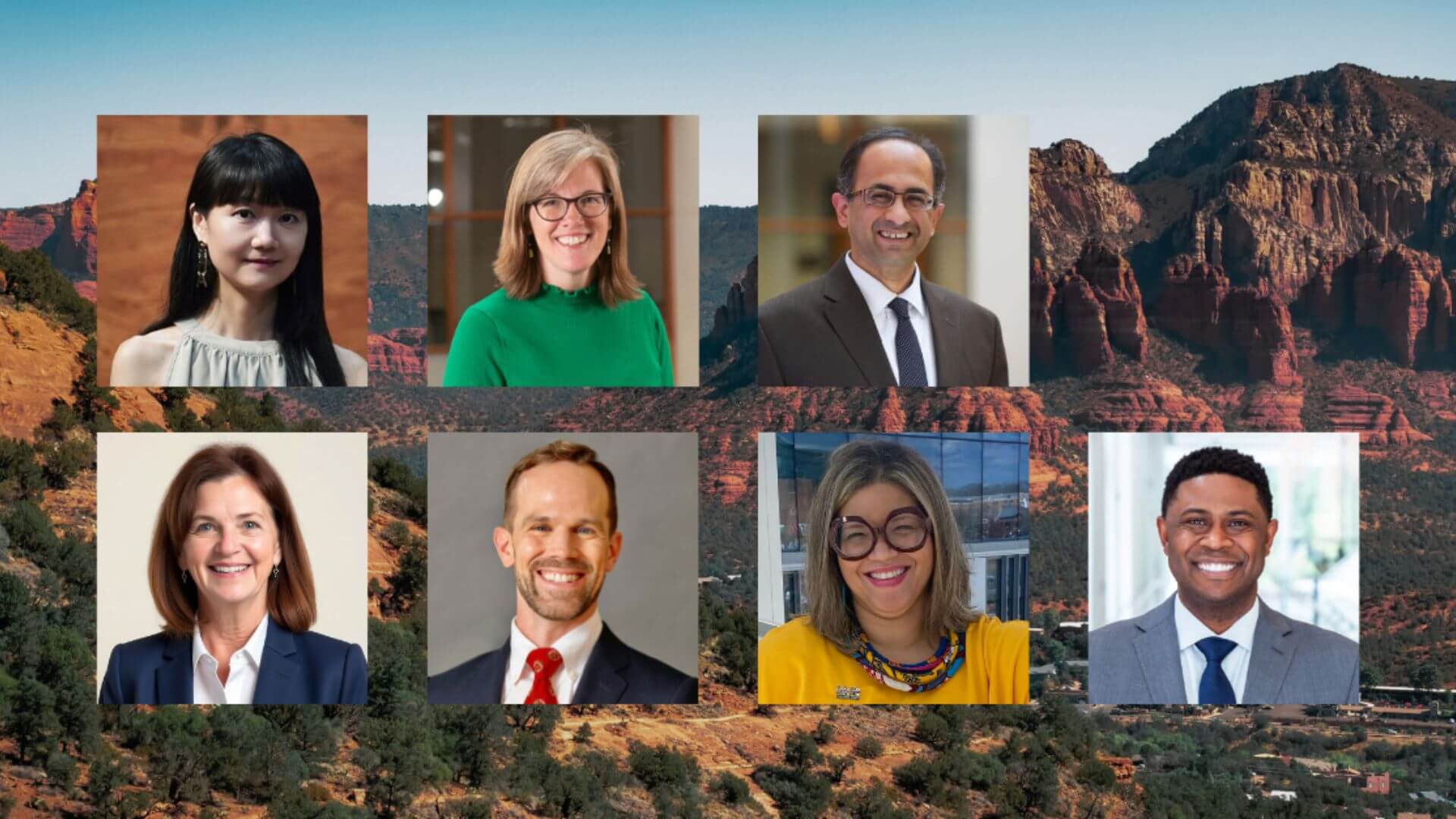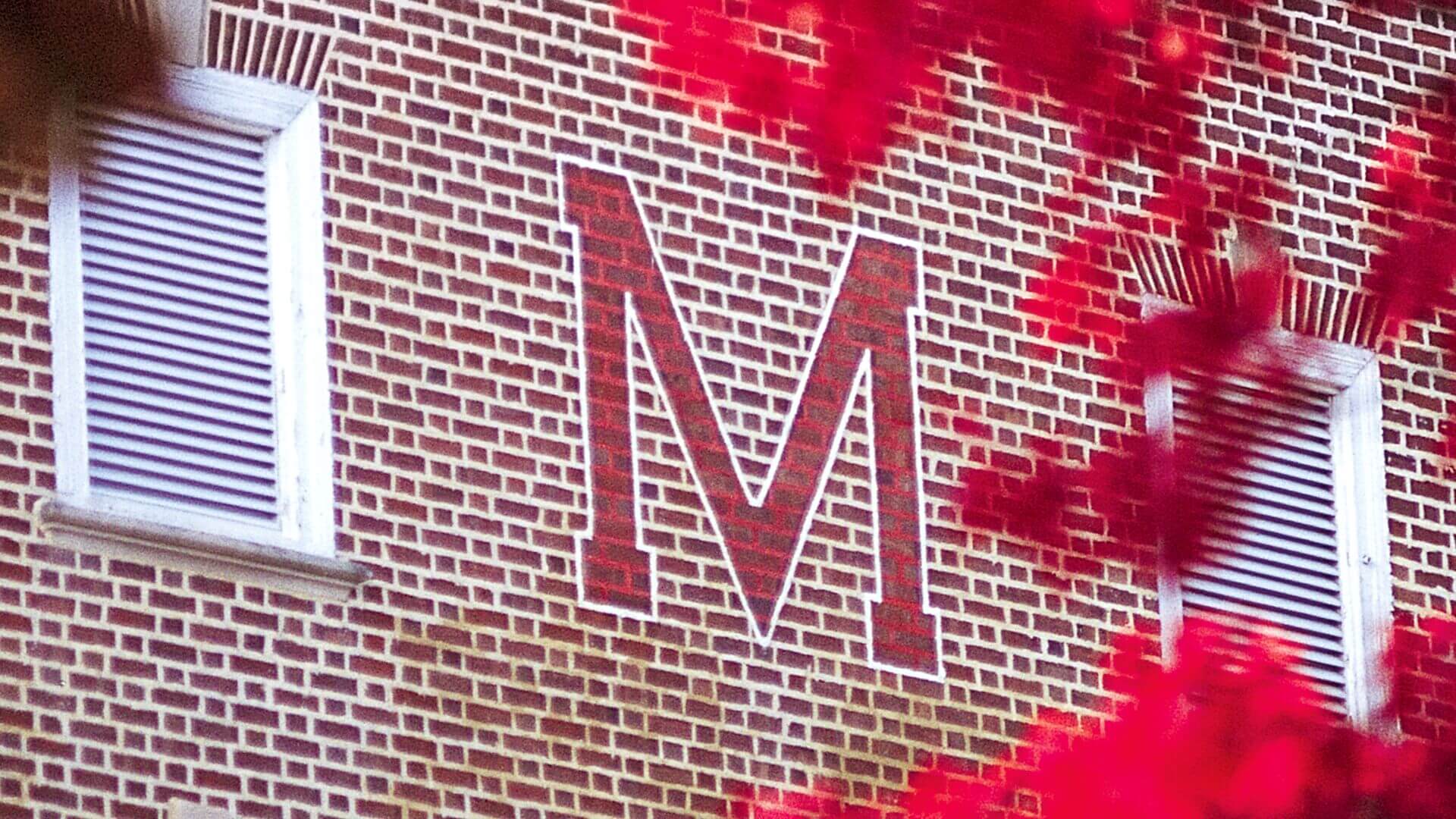
The Do Good Institute is excited to announce that six passionate and talented students will be serving as Do Good Accelerator Fellows this fall! The Fall Accelerator Program provides students with resources and opportunities to explore, test, or scale up their idea, project, or venture while working with peers who are also tackling important social issues. Due to COVID-19, the program will continue online, similar to the summer program. This semester, students will meet with their peers, participate in 1:1 coaching sessions with field experts, engage in robust workshops, and immerse themselves in various group activities with industry leaders.
Fellows were selected after a competitive application process and will receive a stipend of $1,000 to support their work over the course of the program. The program launched on September 29 and will close on November 20, 2020. From kidney disease screening to promoting recycling, our Fall 2020 Fellows are focusing on a number of social impact issues.
While this semester has started off differently for all of our students, I am especially impressed that in the midst of everything going on in the world today, our Fall Accelerator Fellows are still working to make positive changes in their communities. I am excited to see the impact they will make both locally and globally.Kisha Logan Do Good Accelerator Manager
Meet our Fall 2020 Do Good Accelerator Fellows
Debbie Adam, The Kidney Disease Screening and Awareness Program (KDASP)
Debbie Adam, founder of KDASP, is working to fight Kidney Disease through awareness, education, and testing. At KDASP, Debbie is mobilizing people to provide health and wellness resources to the local College Park community. KDASP hopes that with the foundation of a new chapter they will be able to combat the issue of unfamiliarity by providing access to free kidney disease testing, health and wellness education, and programs that provide more community and student exposure to the field of nephrology. Debbie will spend the semester ensuring more people have access to KDASP resources and learning more about how to grow this initiative.
Andrew Hong, Student Teachers Enriching Proficiency through Science (STEPS)
Andrew will spend the semester growing STEPS, a nonprofit organization that provides quality STEM education to children from low-income communities by tapping into the education industry’s profit generating practices. STEPS aims to break the mold of for-profit tutoring companies and nonprofit education organizations by combining the two. STEPS built a coalition of volunteer tutors who donate the profit from their paid tutoring work back into their community. During their first year pilot in Howard County, they were able to raise nearly $9000 for local schools. Andrew hopes to scale this impact to regions across Maryland, raising even more money for underserved students.
Karen Hao, Lean on Me (LOM)
Lean on Me (LOM) is a nonprofit that was founded at MIT which provides students with peer emotional support via text 24/7. Since its inception, it has grown to 7 campuses, becoming a vital mental health resource for students. Karen is working to bolster UMD’s LOM chapter and bridge the gap of accessibility and apprehension in student mental health support. By allowing students to reach out with common issues such as stress, loneliness, and grief, Lean on Me provides a safe space for students to connect and reflect. Currently, Lean on Me at College Park has successfully trained 32 Supporters, as well as garnered interest across campus via social media channels. Karen will spend her fellowship scaling LOM UMD more students and supporters.
Ryan Perpall, Suspended Chaos
Ryan Perpall founded Break Box Recycling to improve the value of recycled materials such as glass, paper, plastic, and aluminum. As a way to do this, Ryan created Suspended Chaos, an Etsy shop that promotes recycling and resilience. Suspended Chaos sells decorative 'Suncatcher Cubes' forged from recycled beer and wine bottles, and proceeds from sales are used to fund 'The Glass Map'; an interactive digital resource center that enables people to decontaminate the American recycling system. By selling crafted products, Ryan is promoting environmental sustainability and introducing others to the value of recycling. As an Accelerator Fellow, Ryan hopes to expand and perfect his business model.
David Boutin, Verse
Inspired by recent national outcry, David founded Verse as a way to tackle performative activism head-on. By providing educational, service-oriented, and self-reflective resources, Verse’s innovative platform allows users to learn more about different communities via reputable resources and engagement opportunities. By helping Verse members engage in challenging conversations with people different than themselves, David hopes to foster a deeper awareness of diversity and cultural competency. Verse hopes to reach first-year students at the University of Maryland through introductory courses, and is working to incorporate diversity and inclusion into curriculum across campus. As an Accelerator Fellow, David will be growing Verse as an accessible resource for all University of Maryland students.
Kevin Tu, Combating Overdoses in Rural Areas (CORA)
Combating Overdoses in Rural Areas (CORA) is Maryland’s first nonprofit dedicated to curbing the effects of the opioid epidemic in rural communities. Founder Kevin Tu is on a mission to reduce opioid usage by addressing resource disparities between rural and urban communities. Kevin has partnered with 60 student volunteers,181 community partners, and is projected to serve 360,000 people in the coming semester across Maryland and in parts of New York, West Virginia, Virginia, and Delaware. Through concentrated efforts in education, research, and technology, CORA hopes to remove the barrier of access to treatment and prevention resources in rural communities. As an Accelerator Fellow, Kevin will be focused on growing this initiative sustainably.



